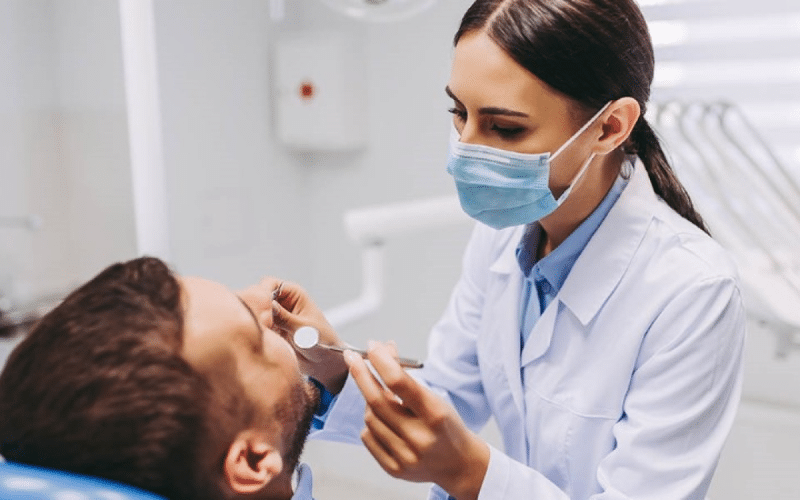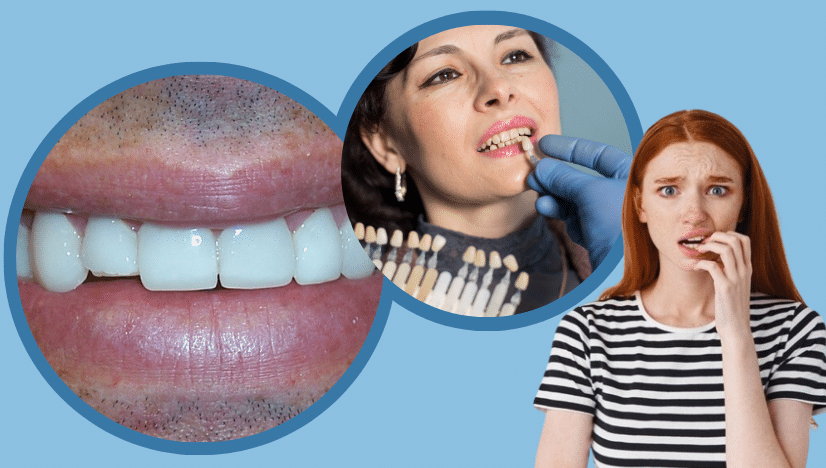
Toothaches: Causes, Remedies, and When to Seek Emergency Help
Toothaches can be painful and disruptive and often come without warning. Whether it’s a sharp, throbbing pain or a dull, constant ache, understanding the cause of your toothache is the first step toward relief. This blog will explore common toothache causes, effective remedies, and when to call an emergency dentist.
Common Causes of Toothaches
Toothaches are typically a sign of something wrong with your teeth or gums. Below are some common causes:
- Tooth Decay The most common cause of toothaches is untreated cavities. As decay progresses, it reaches more profound layers of the tooth, causing pain.
- Gum Disease Infections of the gums, like gingivitis or periodontitis, can lead to sore, swollen gums and tooth pain. Left untreated, gum disease can cause tooth loss.
- Cracked or Broken Teeth Accidents or biting down on something hard can cause cracks or breaks in your teeth, leading to sharp pain. This type of injury can also expose nerves, increasing discomfort.
- Abscessed Tooth A tooth abscess is a bacterial infection that forms at the tooth’s root. It’s usually accompanied by swelling, severe pain, and sometimes fever.
- Teeth Grinding Constant grinding or clenching of teeth (often during sleep) can lead to tooth pain, jaw soreness, and headaches.
- Sinus Infection Sometimes, the pain from a sinus infection can mimic a toothache. This is due to the proximity of your upper teeth to your sinuses.
Effective Remedies for Toothaches
While seeing an emergency dentist in Bridgeville for proper treatment is essential, you can try a few remedies at home to temporarily alleviate the pain.
- Saltwater Rinse: Rinsing your mouth with warm salt water can help reduce inflammation and kill bacteria. Mix half a teaspoon of salt in warm water and swish it around your mouth for 30 seconds.
- Cold Compress: Applying a cold compress to the outside of your cheek can help numb the pain and reduce swelling. An application that lasts 15-20 minutes should be enough.
- Pain Relievers: Painkillers can provide you with temporary relief. Be sure to follow the recommended dosage instructions as it leads to side effects.
- Clove Oil: Clove oil contains eugenol, a natural anesthetic. Add a small amount of clove oil onto a cotton ball to the painful area. This can provide temporary relief.
- Hydrogen Peroxide Rinse: A hydrogen peroxide rinse can help disinfect your mouth, reduce bacteria, and ease pain. Mix equal parts hydrogen peroxide and water, and swish it around for a few seconds before spitting it out.
When to Seek an Emergency Dentist
While home remedies may provide temporary relief, there are certain situations where you must seek help from an emergency dentist immediately. If you experience any of the following, don’t wait to get help:
- Severe, Constant Pain: If the pain is unmanageable or doesn’t subside with over-the-counter medication, it’s time to call an emergency dentist.
- Swelling and Fever: Swelling in the mouth or face, combined with a fever, can indicate a severe infection, like an abscess. This requires immediate dental attention to prevent further complications.
- Injury or Trauma: If you’ve cracked, chipped, or knocked out a tooth, seek emergency help. If you act quickly, a dentist may be able to save it.
- Pain When Chewing: If eating or chewing exacerbates your pain, it’s essential to check it. This could signal a deeper issue, such as an infection or decay that needs urgent care.
- Gum Bleeding or Pus: If your gums are bleeding, or pus is draining from a tooth, you likely have an infection. Immediate care from an emergency dentist is required to prevent it from spreading.
When to Seek Professional Help for Your Toothache?
Toothaches are never fun, ranging from mild discomfort to excruciating pain. Understanding the potential causes of your toothache can help you address the issue before it worsens. Remedies like saltwater rinses, cold compresses, and over-the-counter pain relievers can offer temporary relief. However, seeking care from an emergency dentist is essential when pain persists or worsens.
Remember, timely treatment is crucial for preventing further damage. Don’t hesitate to contact an emergency dentist if you experience severe pain, swelling, or signs of infection. Early intervention can save your tooth and restore your smile.





